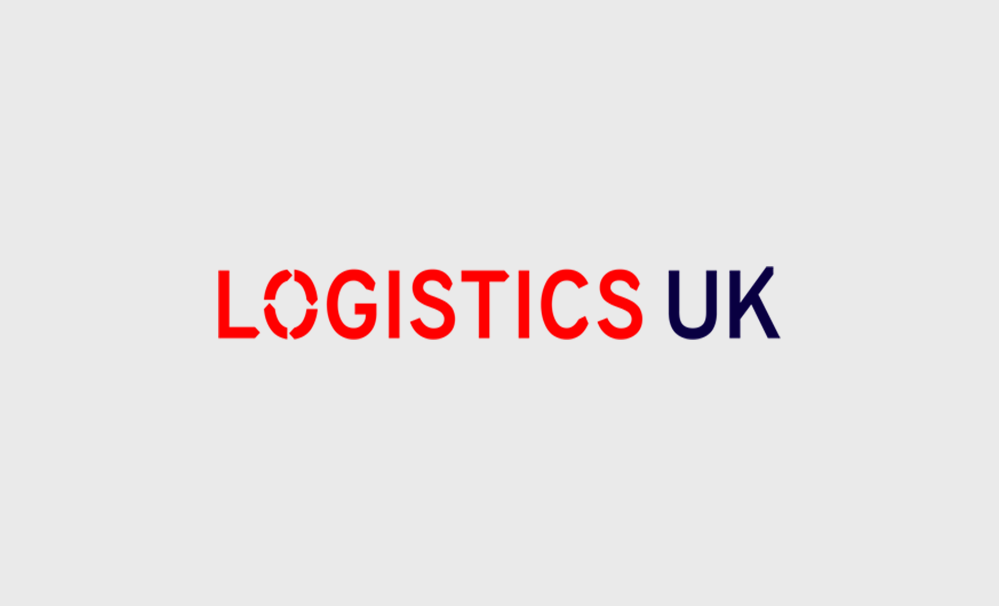Business group Logistics UK is warning of the potential economic impact which a No Deal Brexit could have on the fortunes of UK PLC. In a letter to the Sunday Times published Sunday (25 October 2020), David Wells, the organisation’s CEO highlights that a No Deal exit from the EU could have a significant effect on the price of all imported goods and could drive inflation up as a result.
“Everyday household items we import will become more expensive under World Trade Organisation tariffs,” writes Mr Wells, “some by 30% or more. This will make the household shopping basket much more expensive, particularly in the early part of 2021 when we rely on imports for much of our fresh food.
“The actual cost of moving goods will also increase,” he continues, “if new vehicles, parts and tyres are also subject to tariffs. This is more than ‘turbulence’, as suggested by Mr Gove last week, and logistics businesses, operating on 2% margins, cannot afford to take on these costs.”
Another concern for logistics operators will be obtaining access to the EU market if the talks remain unresolved, as without a deal, UK logistics operators will also be restricted by the number of lorry access permits available to enter the EU. “The permit quota available to UK operators will fall short by a factor of four, putting businesses at risk right across the country. We are urging government to keep pressing for a deal with Brussels, to protect not only our industry but the economy as a whole.”
Logistics UK (formerly FTA) is one of the UK’s leading business groups, representing logistics businesses which are vital to keeping the UK trading, and more than seven million people directly employed in the making, selling and moving of goods. With COVID-19, Brexit, new technology and other disruptive forces driving change in the way goods move across borders and through the supply chain, logistics has never been more important to UK plc. Logistics UK supports, shapes and stands up for safe and efficient logistics, and is the only business group which represents the whole industry, with members from the road, rail, sea and air industries, as well as the buyers of freight services such as retailers and manufacturers whose businesses depend on the efficient movement of goods.






